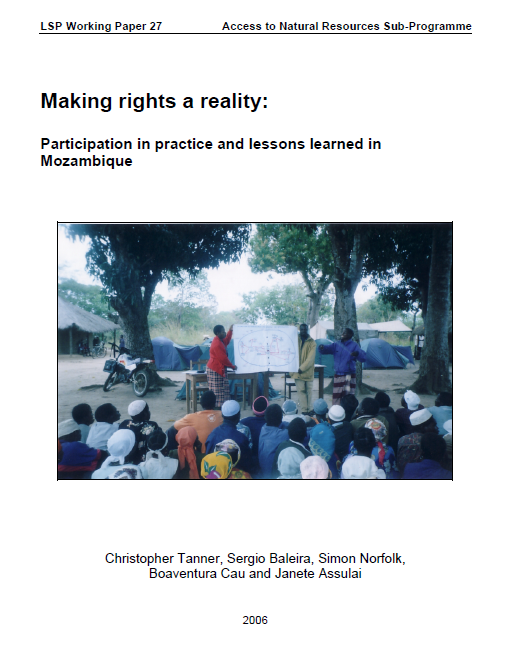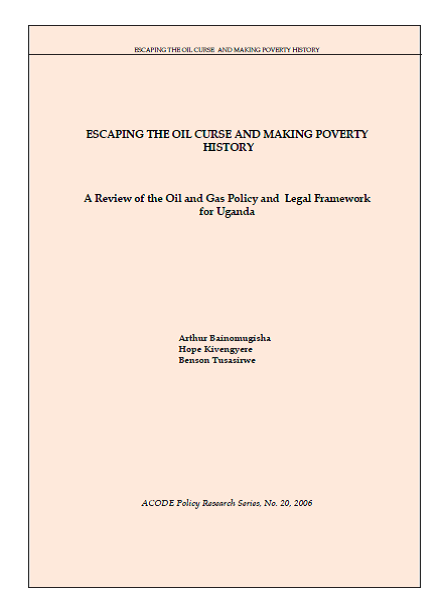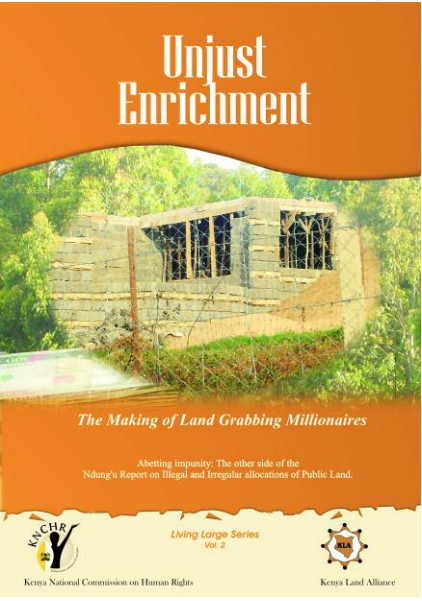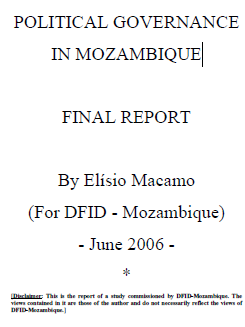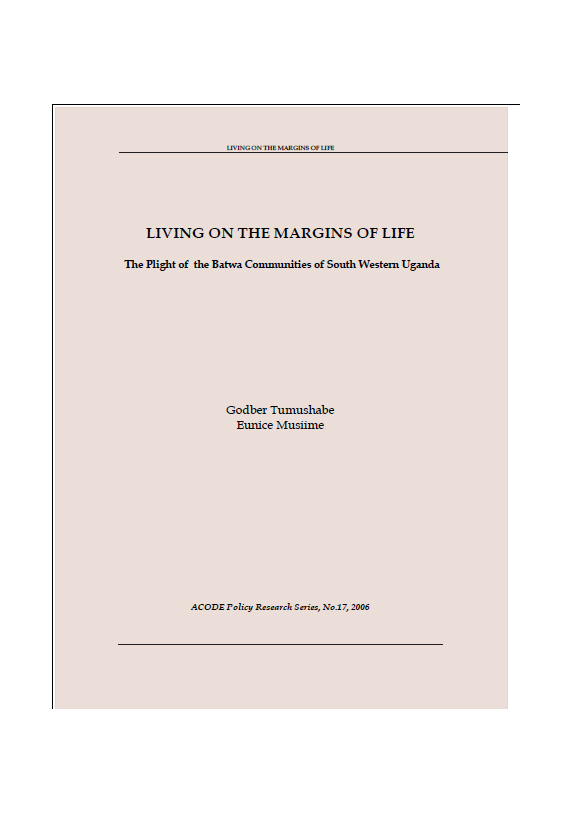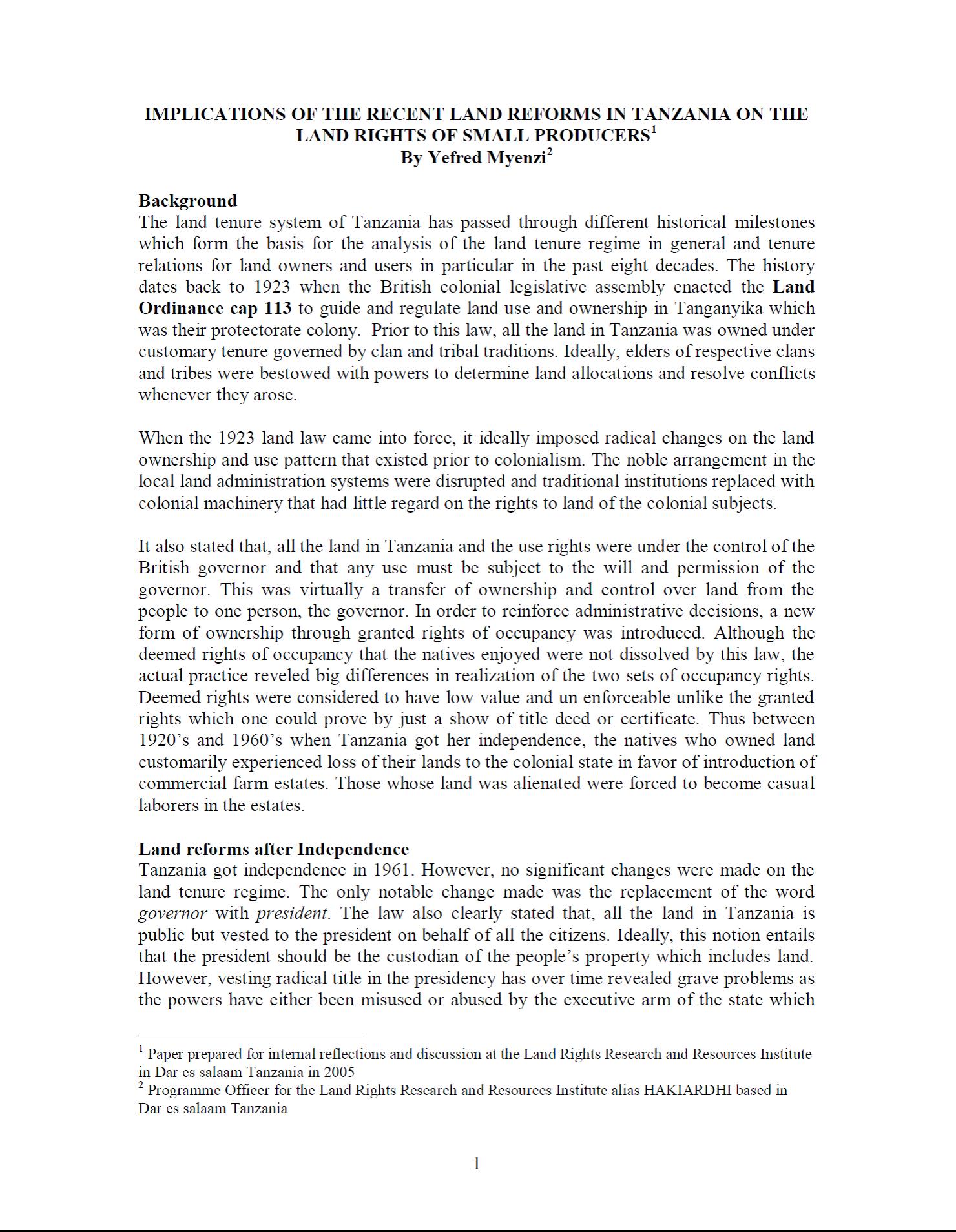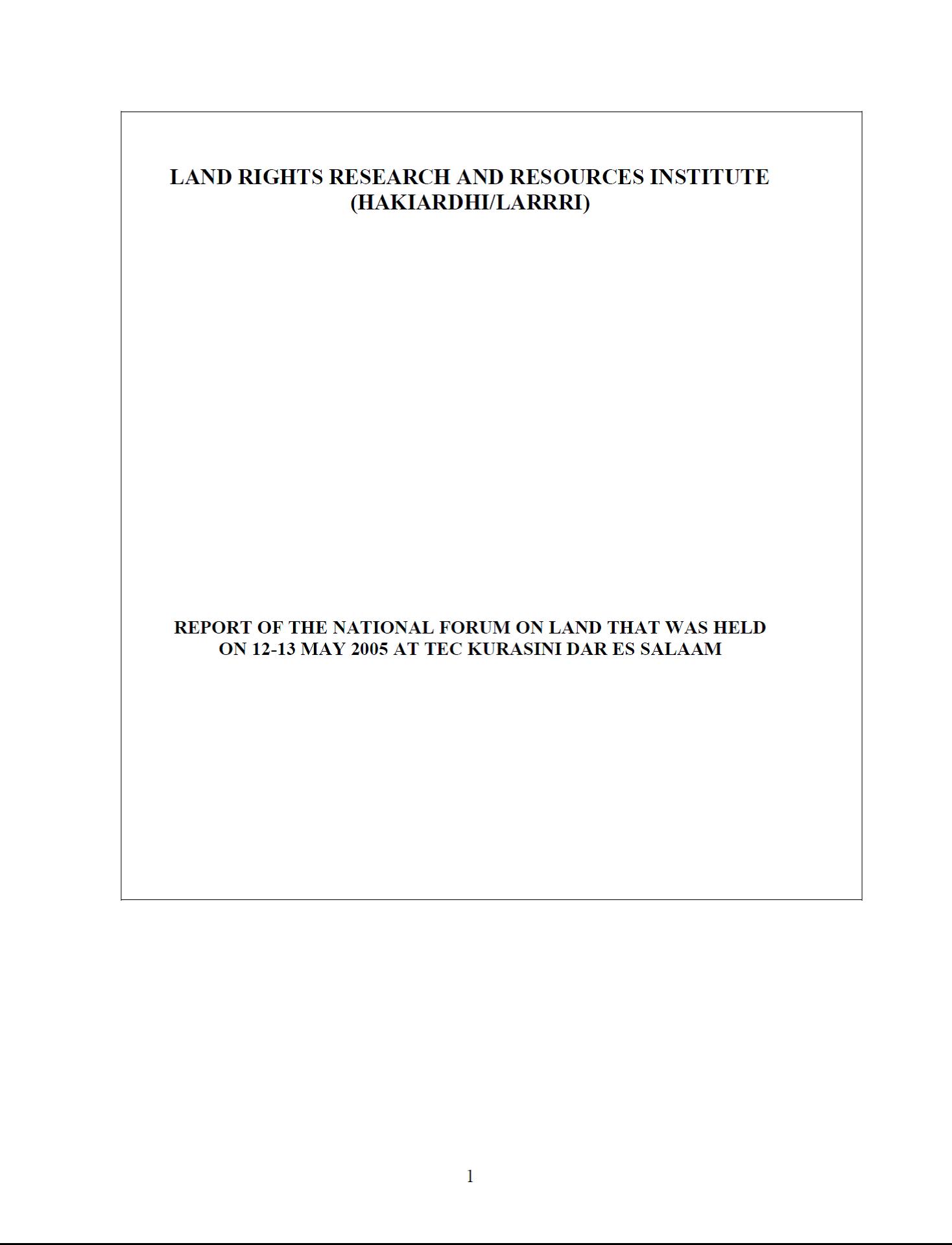Guião de Direitos das Comunidades Locais no Domínio dos Recursos Naturais
O Guião de Direitos das Comunidades Locais no Domínio dos Recursos Naturais pretende-se ajudar a obter um melhor conhecimento e compreensão da Constituição da República de Moçambique (no que toca aos recursos naturais) e da legislação do ambiente, terra, florestas e fauna bravia, pescas, minas e água, incluindo os respectivos regulamentos, de forma a contribuir para uma melhor e maior implementação de todos os diversos instrumentos analisados.


